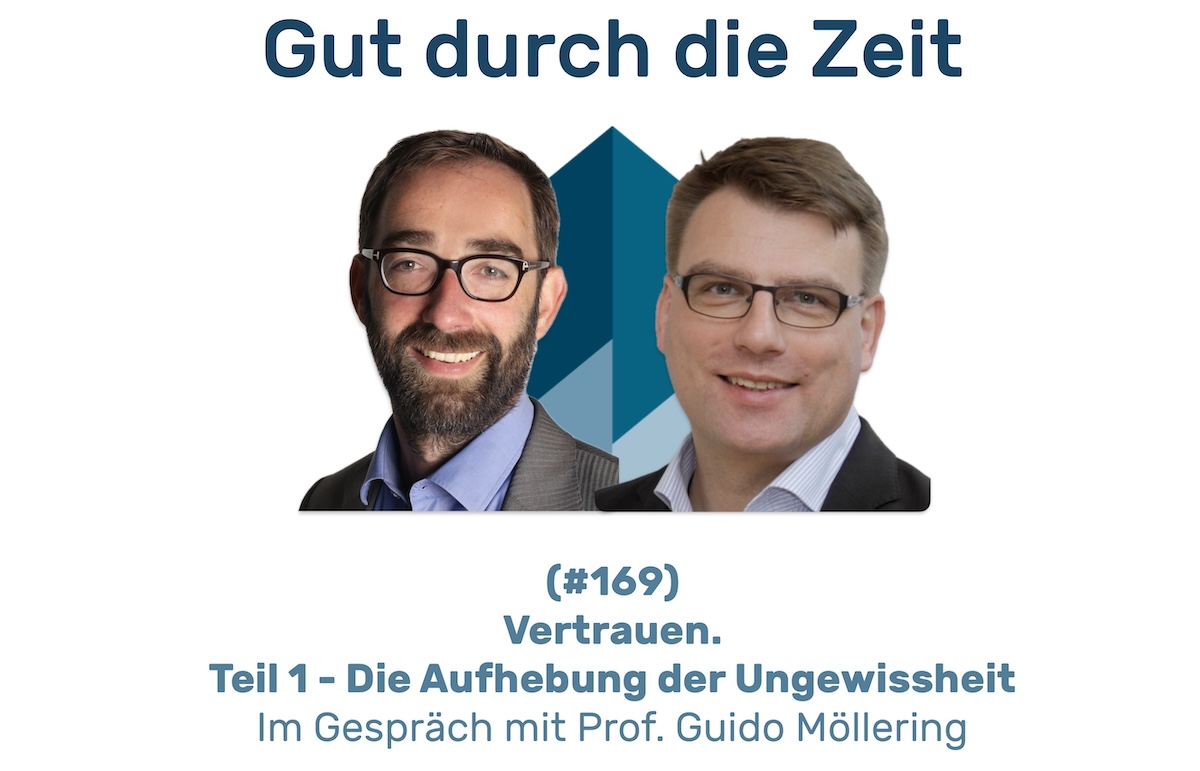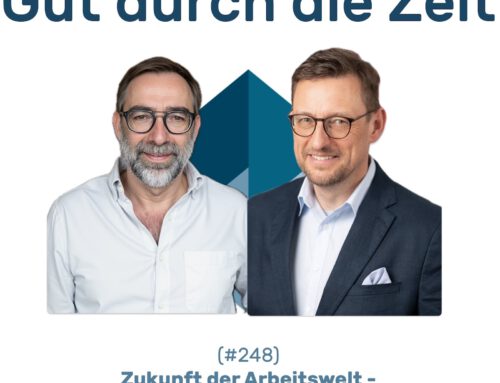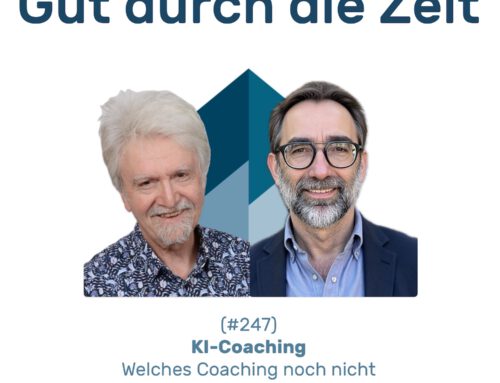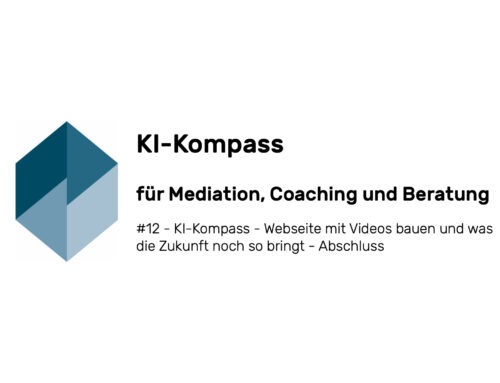INKOVEMA Podcast „Well through time“
#169 GddZ
Trust. Part 1 – The cancellation of uncertainty
In conversation with Prof Dr Guido Möllering
Well through time. The podcast about mediation, conflict coaching and organisational consulting.
Prof Dr Guido Möllering, who completed his doctorate at the University of Cambridge in 2003 and his habilitation at the Free University of Berlin in 2011, has been Director and Chair of the Reinhard Mohn Institute for Corporate Management (RMI) at Witten/Herdecke University since 2016. Under his leadership, the RMI's areas of specialisation include: Cooperative relationships, network and alliance strategies, management of openness and transparency, trust in and between organisations, new forms of leadership and work in the digital age and corporate responsibility. Guido Möllering has published in leading professional journals and is the author of books including Trust: Reason, Routine, Reflexivity (2006) and Production in networks (with Jörg Sydow, 3rd ed., 2015). In 2009, he received the Peregrinus Foundation Prize from the Bavarian Academy of Sciences and Humanities for his work of significance to business and society. Since 2018, he has been a member of the jury for the corporate responsibility competition "My Good Example".
Contents:
Focus of content:
Trust plays a crucial role in everyday life and in the business world. It helps us to act positively despite the uncertainties and risks that are always present. Scientific studies on the subject of trust have shown that trust is based on the fact that we put our uncertainties to one side, specifically our CANCELLING IGNORANCEat least temporarily. This means that we are prepared to believe in the good in others, even if there is no guarantee.
Essentially, there are three main sources of trust identified in science:
- ReasonTrust can be a rational decision where people decide whether they should trust someone based on logical reasoning and available information.
- RoutinesWe often trust out of habit, because certain behaviours occur again and again and are seen as normal.
- ExperiencePersonal experiences with other people can also promote trust. If we have had a good experience with someone, we are more willing to trust that person again.
Research shows that trust is complex and depends on many factors. It is not just a question of reason or emotion, but a mixture of both. Trust can also be disappointed, which means that there is always an element of uncertainty and vulnerability.
And that seems to be the core of the trust process – that the uncertainty about the future can literally, but in all ambiguity, be cancelled and becomes in the period of trust.
- Firstly, cancelling meansthat the uncertainty is no longer currently conscious, is faded out and metaphorically put into a drawer where it is no longer immediately recognisable.
- Secondly, cancelling meansthat this uncertainty is de facto stored and can or could be retrieved at any time. In fact, we sometimes „forget “ where we have placed this uncertainty and our trust in others is very robust.
- Thirdly, cancelling meansthat the relationship is raised to a new level as a result. Here, lifting means raising to a new level.
But this ability to „bridge uncertainty“ and still trust is what makes trust so important and valuable, especially in business relationships, both in familiar and new, unfamiliar environments such as international markets.





That is an interesting thesis. „Der Glaubenssprung“. The interaction of cognitions (mistrust, trust,…) and emotions (fear,…) is an interesting field that is certainly very much determined by individual biographical experiences, contextually by information and also by the field of relationships (private, economic, political,…). There will be great differentiations. „Leap of faith“ remains an interesting metaphor, because it makes a difference whether solid ground or an abyss opens up behind the fog into which one leaps.
Thank you very much, Günther. Indeed, as an analogy, the metaphor of a leap (of faith) is quite helpful to illustrate the significance and difficulty that has to be overcome. But it probably doesn't go any further than that.
Personally, the idea of upheaval in its (metaphorical) outgrowths helped me a lot to describe the processual nature of trust. As a psychologist, how do you explain this „robustness of trust“, i.e. that even negatively unexpected behaviour is often „excused“ and seen as „not meant“…by people who hold on to their trust…?